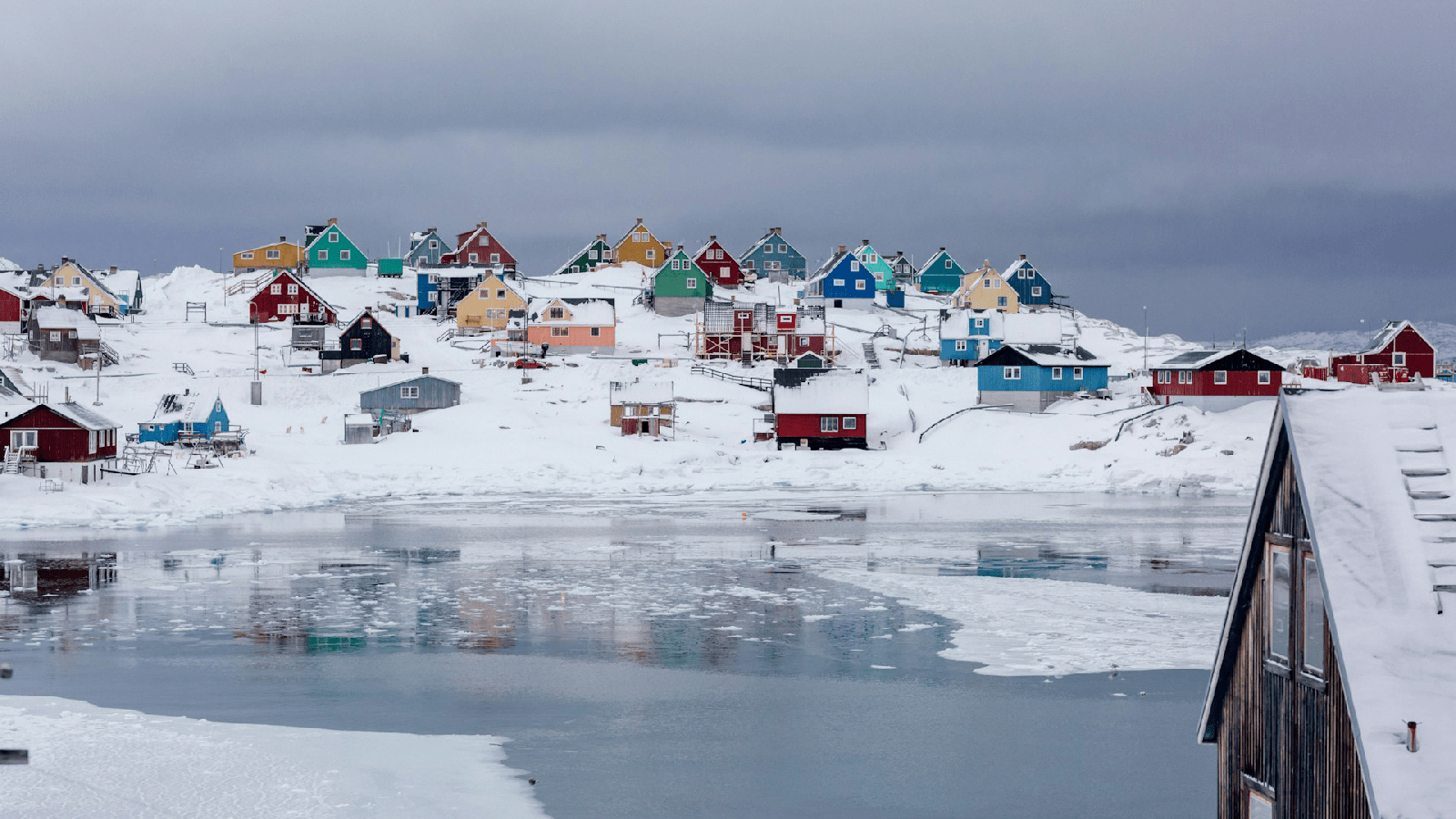Recent studies of Greenland’s enormous ice sheet are helping to illuminate our planet’s past and present — in ways that inform our vision of our future. Several of the articles included below are especially engaging for armchair scientists and adventurers, and these are marked with asterisks.**
Ice cores
Greenland’s melting ice will have a large impact on global sea level rise and thus matters greatly to millions of people, including those in some of the largest cities. Ice cores preserve a lot of information about Earth’s past climates. But those cores also contain an archive of human history, as this opinion piece explains:
For an interesting account of the effort to preserve ice cores before they melt, taking with them their rich archives, see “The race to preserve Earth’s historical climate record—its ice,” by Katherine Bourzac at Chemical & Engineering News (one free article per month).
Soil and rock cores
How long ago was it that the ground beneath the ice sheet was ice-free? These stories are about this deep history.
- “Ancient leaves preserved under a mile of Greenland’s ice — and lost in a freezer for years — hold lessons about climate change.”** Andrew Christ and Paul Bierman, The Conversation. To read about this work, see the Washington Post’s excellent climate journalist Sarah Kaplan’s piece, “Ancient soil shows part of Greenland was ice-free — and could soon melt again, scientists say.”
- “Buried under the ice.” Sarah Kaplan, Bonnie Jo Mount, and others, Washington Post.** “Scientists came to Greenland on an unprecedented mission to drill for rocks that would reveal the fate of this fast-melting ice sheet”: a compelling (and visually appealing) interactive story of scientific effort, frustration, and last-minute success. For a non-interactive companion article about this expedition, one with good contextual information about Greenland, see “What Arctic ice tells us about climate change.” Sarah Kaplan, Washington Post.
A treasure trove of old photos
Overviews of recent science — how ice sheets melt, recent changes, and more
To dig deeper:
Source link


